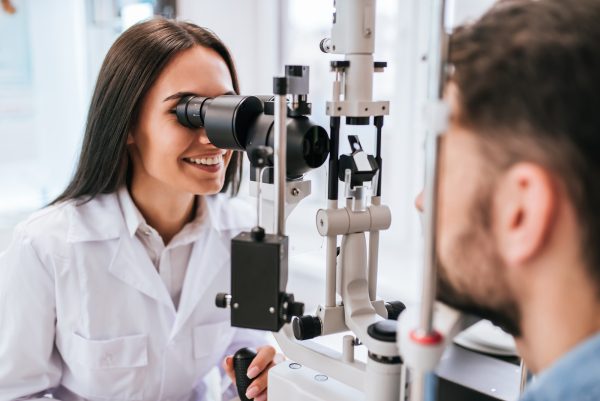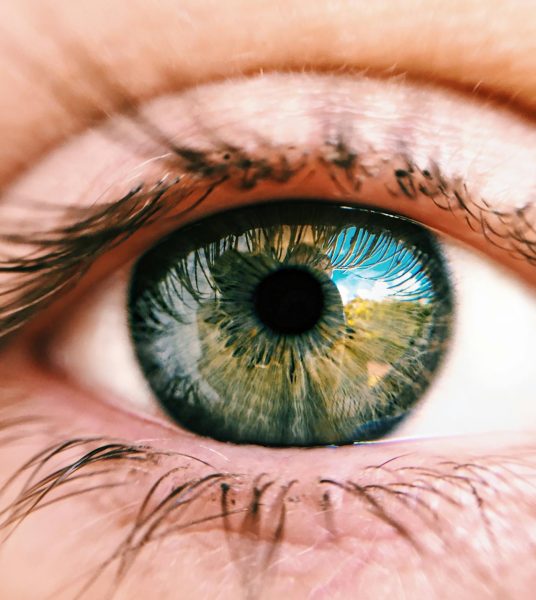What to Expect From Your Vision Post-Surgery
LASIK eye surgery is renowned for its ability to correct nearsightedness, farsightedness, and astigmatism. But a common question remains: Will I still need glasses after LASIK? The answer depends on several factors, including your age, vision goals, and eye health over time.
Key Takeaways
- Most LASIK patients don’t need glasses for distance vision.
- Reading glasses may still be necessary after age 40 due to presbyopia.
- Results can last decades, but vision may change naturally with age.
Understanding LASIK: What It Corrects
LASIK (Laser-Assisted In Situ Keratomileusis) reshapes the cornea to correct refractive errors such as:
| Refractive Error | Vision Issue Corrected | Can LASIK Help? |
|---|---|---|
| Myopia (Nearsightedness) | Blurry distance vision | ✅ Yes |
| Hyperopia (Farsightedness) | Blurry near vision | ✅ Yes |
| Astigmatism | Distorted or blurred vision | ✅ Yes |
The procedure is designed to reduce or eliminate the need for corrective lenses — but it doesn’t prevent age-related changes to the eye.
Age Matters: Why You Might Still Need Glasses Later
Presbyopia After 40
Even after a successful LASIK procedure, many patients over the age of 40 eventually require reading glasses. This is due to presbyopia, a natural age-related loss of the eye’s ability to focus on close objects — not a failure of the LASIK procedure (American Academy of Ophthalmology, 2022).
Vision Changes in Your 50s and Beyond
With age, the eye’s lens can become less flexible, leading to:
- Difficulty focusing at different distances
- The need for bifocals or readers, even after LASIK
- Possible cataract development, which LASIK does not prevent
Types of Vision Correction After LASIK
Depending on your personal needs and preferences, several options are available if vision changes occur post-LASIK:
| Option | Best For | Notes |
|---|---|---|
| Reading Glasses | Presbyopia | Common after 40 |
| Monovision LASIK | Mixed Distance/Near Vision | One eye corrected for near, one for far |
| LASIK Enhancement | Minor Refractive Errors | Performed years after original LASIK |
| Cataract Surgery | Cloudy vision in aging eyes | Can include lens implants with vision correction |
LASIK Expectations by Age Group
| Age Range | Likelihood of Needing Glasses After LASIK |
|---|---|
| 18–39 | Low – most achieve 20/20 or better |
| 40–49 | Moderate – reading glasses often needed |
| 50+ | High – aging lens affects vision clarity |
Tips for Maximizing Long-Term Vision After LASIK
- Have realistic expectations. LASIK corrects existing vision problems but not future age-related changes.
- Choose the right LASIK option. If you’re 40+, ask your surgeon about monovision LASIK for near and far correction.
- Protect your eyes. UV exposure and eye strain can impact long-term results.
- Attend regular eye exams. Monitor changes and address them early.
Final Word: Will You Need Glasses After LASIK?
For most people, LASIK provides freedom from glasses for distance vision — often lasting years or even decades. However, presbyopia and age-related changes can still require reading glasses or other corrections later in life.
Think of LASIK as a long-term investment in visual freedom — not necessarily a permanent exemption from all eyewear.

Find a LASIK Surgery Location Near You
We’re located nationwide – it’s easy to find a LASIK Vision Center near you.
References
American Academy of Ophthalmology. (2022). LASIK Eye Surgery: What to Expect. Retrieved from https://www.aao.org
Mayo Clinic. (2023). LASIK surgery: What you can expect. Retrieved from https://www.mayoclinic.org
National Eye Institute. (2022). Facts About Presbyopia. Retrieved from https://www.nei.nih.gov
Rebenitsch, R. L., & Schallhorn, S. C. (2015). Long-term satisfaction and visual outcomes after LASIK. Journal of Cataract & Refractive Surgery, 41(2), 342–349.
Categories:



